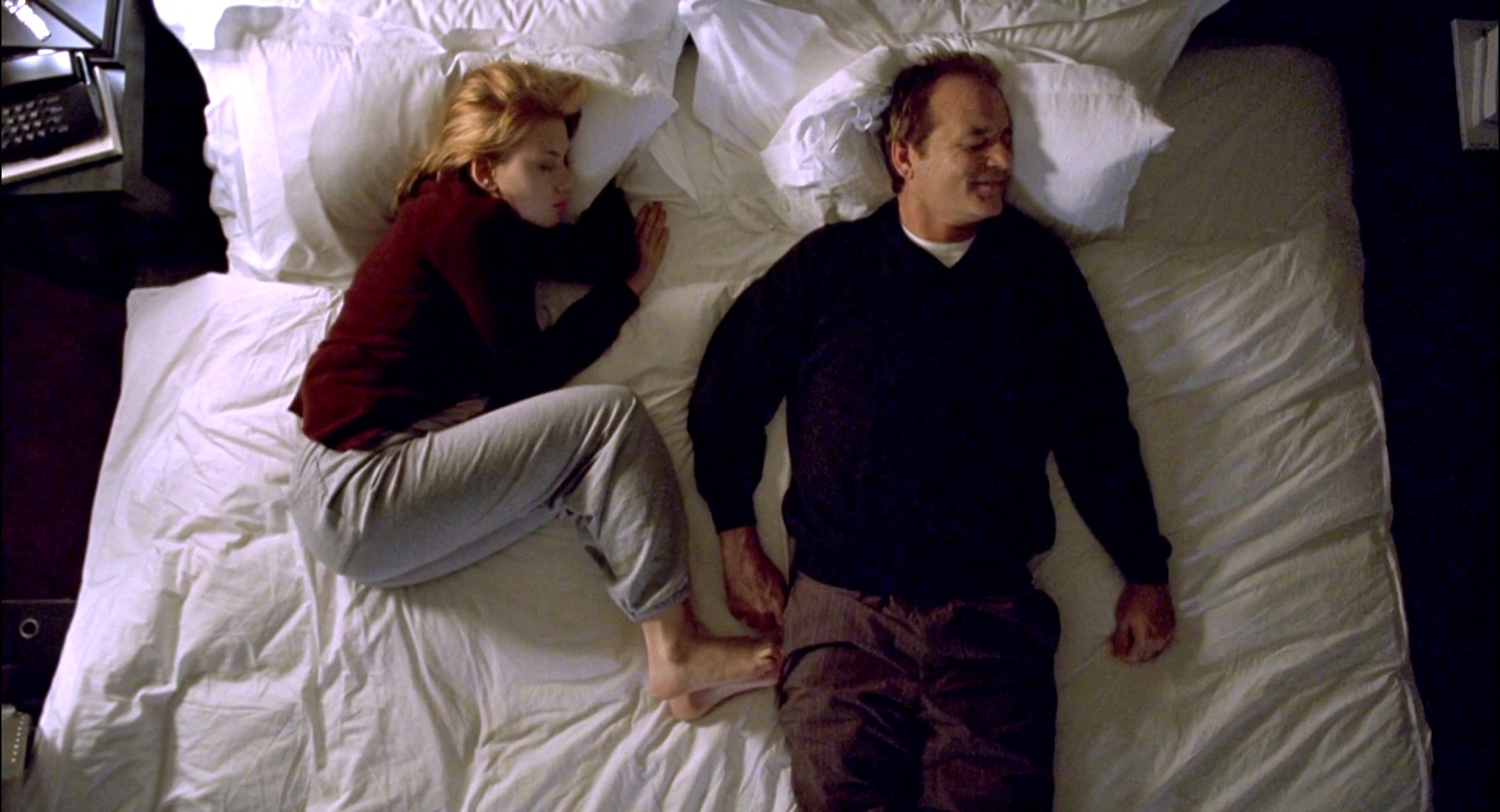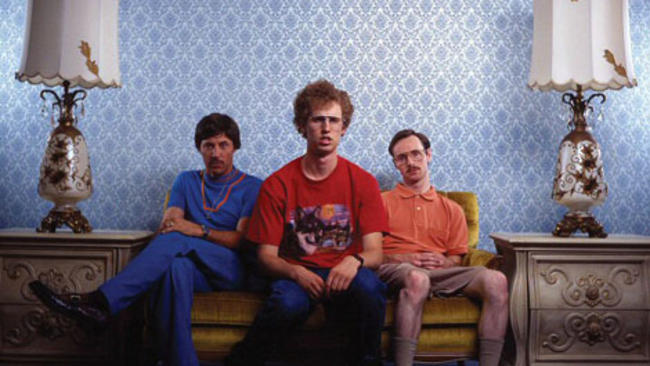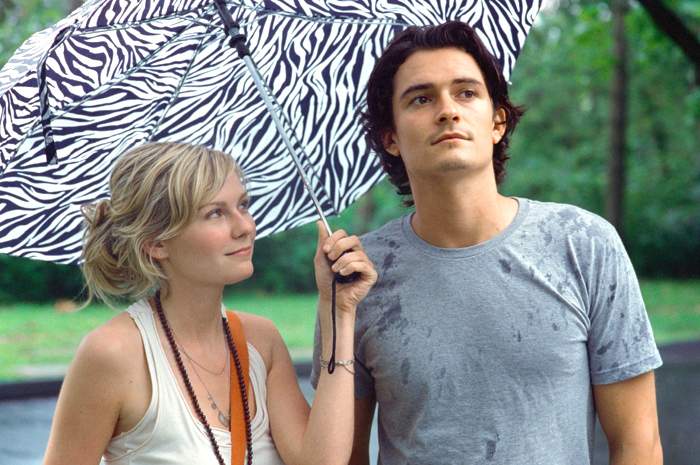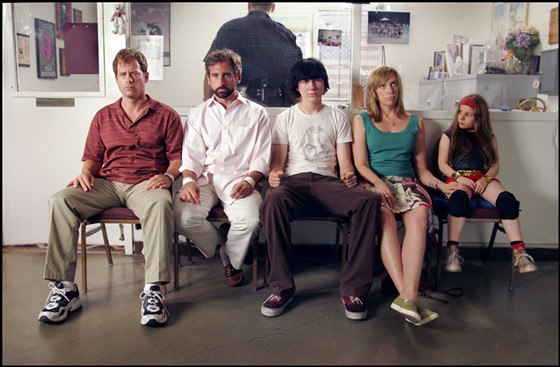There are many different components that make up the eccentric style of a Wes Anderson movie. The use of distinctive color patterns, perfectly symmetrical shots, and a similar menagerie of obscure actors and A-listers have all become characteristic of the visionary filmmaker. Arguably more distinct, though, is his heavy focus on character development, and the recurring themes of family dysfunction, imperfect father figures, the lack of fulfillment in being wealthy, and awkward, interpersonal performances, which are ultimately shown in an endearing light.
Anderson’s stylistic cinematography first pulls you in, but the quirky relationships between characters keep you engrossed. Time and again, Anderson lives up to his goal of “finding beauty in the flaws, and vice versa.”
Still, no one is a complete original. Just as many movies have inspired Wes Anderson’s stylistic vision, his has subsequently inspired many more films with similar themes. Here is a list of the most Wes Anderson-esque movies made by other filmmakers.
1. Amélie (2001)
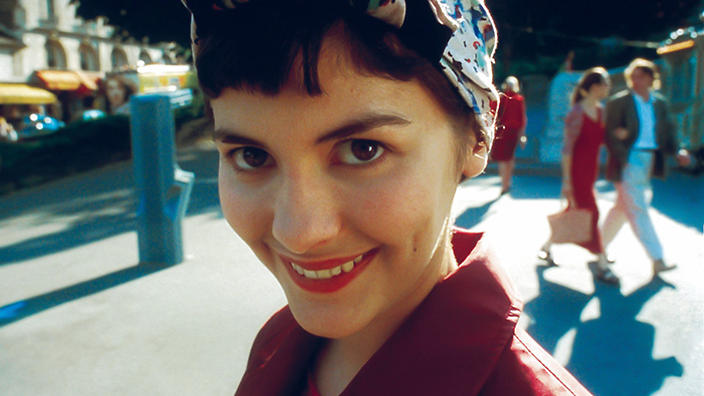
French director Jean-Pierre Jeunet’s unconventional romantic comedy has become something of a staple for college hipster chicks, but that shouldn’t diminish its flair.
Amélie has a simple plot: a shy waitress secretly coordinates the lives of the people around her for the better, but it delivers everything great about Wes Anderson’s films: from the lovably quirky lead character, to the charm of its scenic, colorful Parisian setting.
Focusing heavily on relationships and awkward social interaction, Amélie capitalizes on the thing that confuses most non-Wes fans. It’s a stylized look at (more or less) ordinary people. It is also an optimistic one. However flawed, misguided, or socially maladjusted the characters are in these films, the filmmaker paints them all in a positive light, highlighting the tendency in human nature to do good by other people.
2. Lost In Translation (2003)
The urban setting of Sofia Coppola’s magnum opus may not be too visually similar to Wes Anderson’s quaint and colorful domains, but the unlikely bond forged between the two main characters should feel very familiar to Wes fans. Bill Murray and Scarlett Johansson play a pair of lonely Americans in Tokyo who bond over their mutual feelings of culture shock and emotional distance from their spouses (in Murray’s case also physical distance). Coppola hand picked Murray for the lead role and even enlisted Anderson’s help in recruiting the elusive actor.
Not unlike Steve Zissou (who he would bring to life right after he finished Lost In Translation), Murray’s character, Bob, is a flawed father figure, an aging actor who mentors the jaded young Charlotte (Johansson) on careers and relationships, while his own seem to be falling apart. Even so, in spite of his mistakes and shortcomings, he is sympathetic on a very human level. Like many of Anderson’s trademark bad dads, Bob’s lovability comes from his introspection and desire to be a better person, illuminated by his platonic affection for Charlotte.
Complemented by an atmospheric soundtrack, provided chiefly by My Bloody Valentine front man Kevin Shields, Lost In Translation’s strength lies in its ability to make the viewer empathize with characters, who, if guided by a different director, might wrongly be perceived as shallow or self-important. It takes a rare kind of filmmaker to make the qualities of seemingly undesirable people seem more beautiful than the Tokyo skyline at night.
3. Napoleon Dynamite (2004)
Though it strives more for pure silliness than anything else, there are similarities between the hit movie and the world of Wes.
The title character takes awkwardness and idiosyncrasy to levels that would make Khaki Scout Sam Shakusky look like a smooth operator. It’s dry, it’s odd, and it doesn’t go much deeper than that. It’s a feel-good movie, by virtue of the fact that the audience can laugh at the outcast lead character, but also want to befriend him.
The film even led to a new vocabulary term for film studies. A “Napoleon Dynamite problem” is now a phrase used to refer to movies that utilize distinctive quirkiness to such an extent that it is nearly impossible to predict, based on past hits, whether or not a movie will be popular, not that a filmmaker with the individualism of a Wes Anderson would ever admit to caring about such a thing.
4. Elizabethtown (2005)
Here’s one that might have been trying a just little too hard. Orlando Bloom plays a commercially successful footwear designer whose career takes a dive around the same time he learns that his distant father is dead. Fortunately, upon returning to his childhood home, he meets a firecracker stewardess, played by Kirsten Dunst, who helps him cope with the abysmal turn of events.
Elizabethtown mixes dark, dry humor and family drama in a typical Wes Anderson fashion, although the emotions somehow seem less natural from Bloom and Dunst, than from Luke Wilson and Gwyneth Paltrow.
5. Little Miss Sunshine (2006)
This film makes relentless use of a standard Wes Anderson motif, family dysfunction. Little Miss Sunshine followers the eccentric Hoover family as they travel from New Mexico to Southern California in a bright yellow van, attempting to get their youngest member to a children’s beauty pageant. The rest of the family includes a father (Greg Kinnear), a mother (Toni Collette), a gay uncle (Steve Carell), a blunt Grandpa (Alan Arkin) and teenage brother (Paul Dano).
Taking advantage of similar travel constraints to The Darjeeling Limited, combined with trapping the family in a confined space much like The Royal Tenenbaums, the married director team of Jonathan Dayton and Valarie Farris create enough comedic quirk and human drama to make a well-rounded film.

